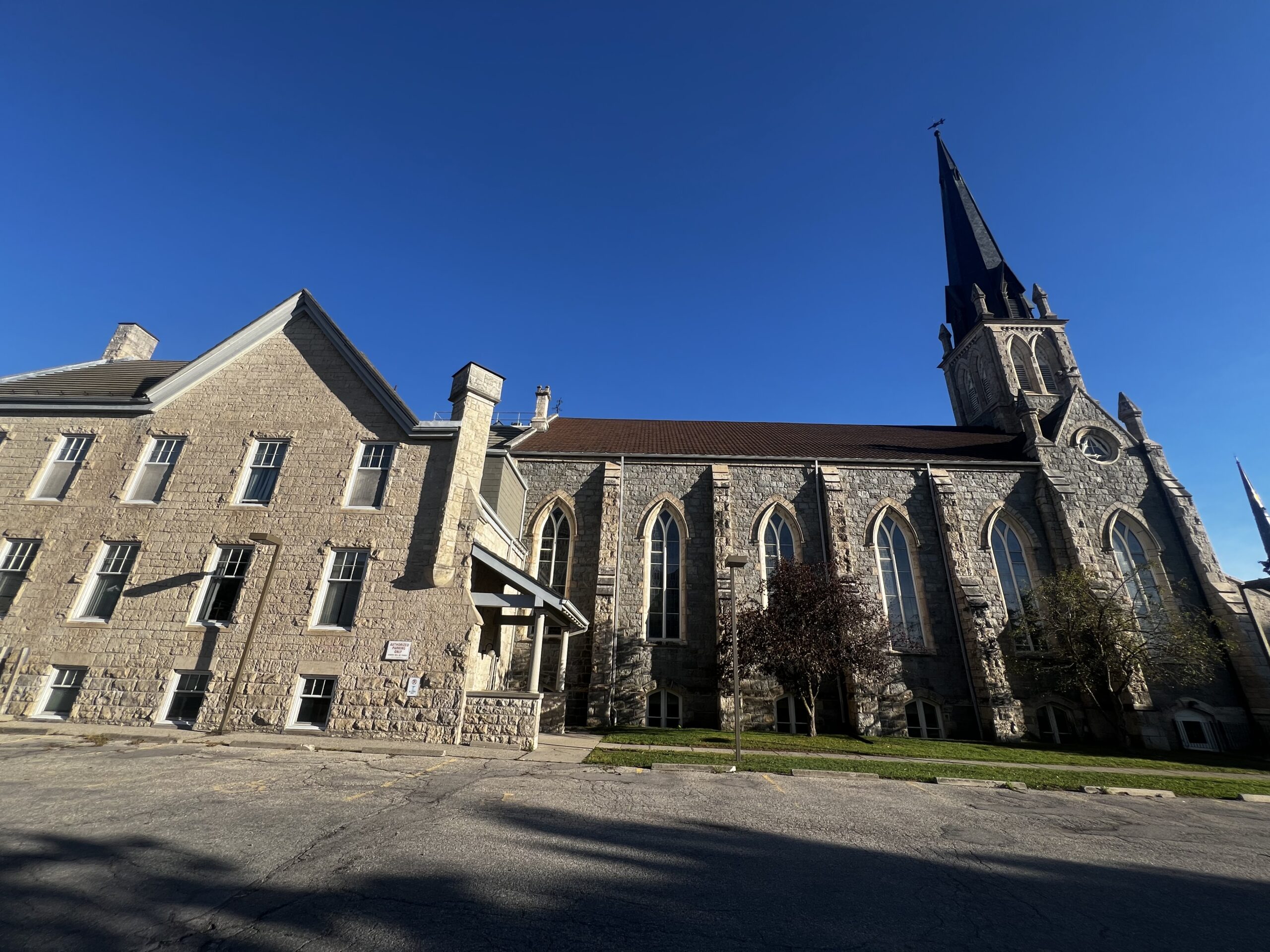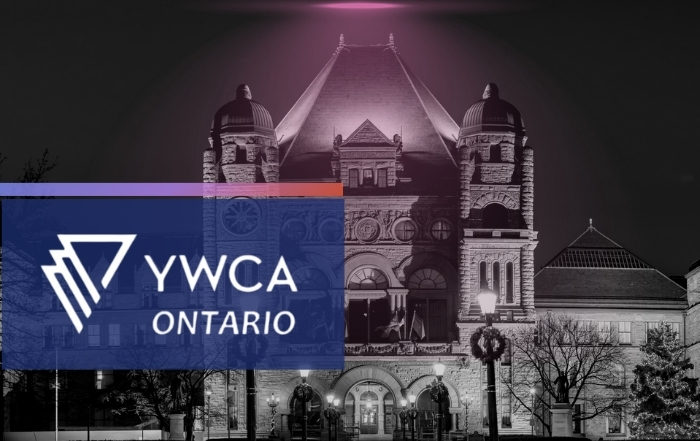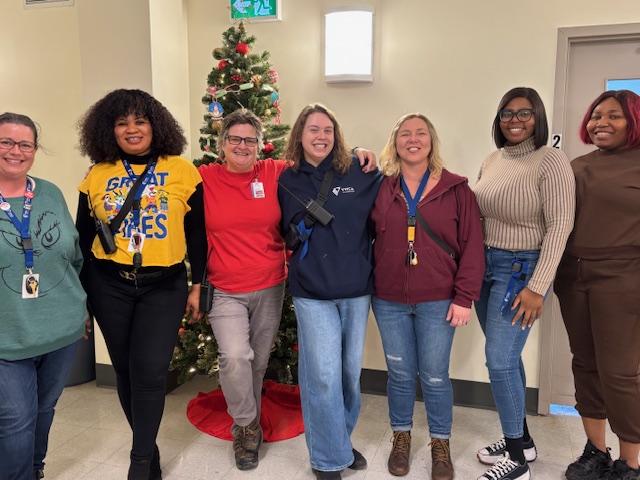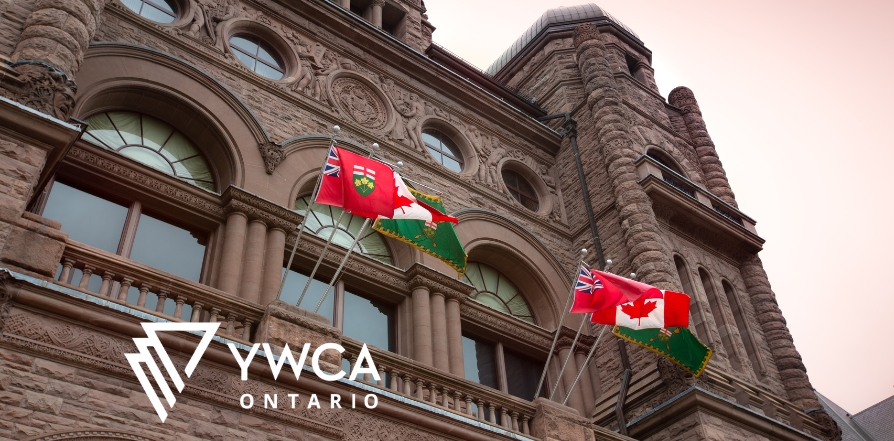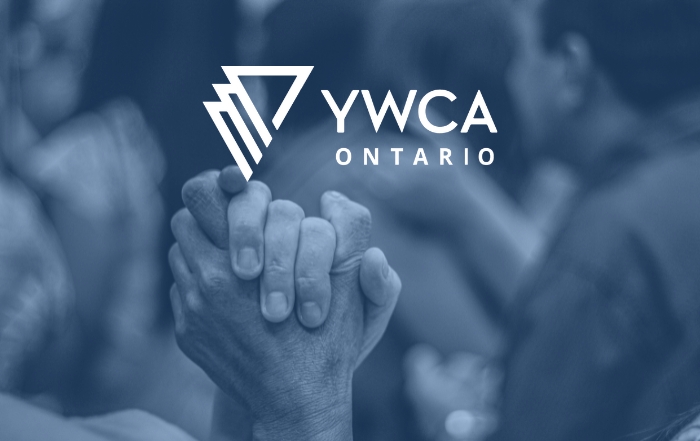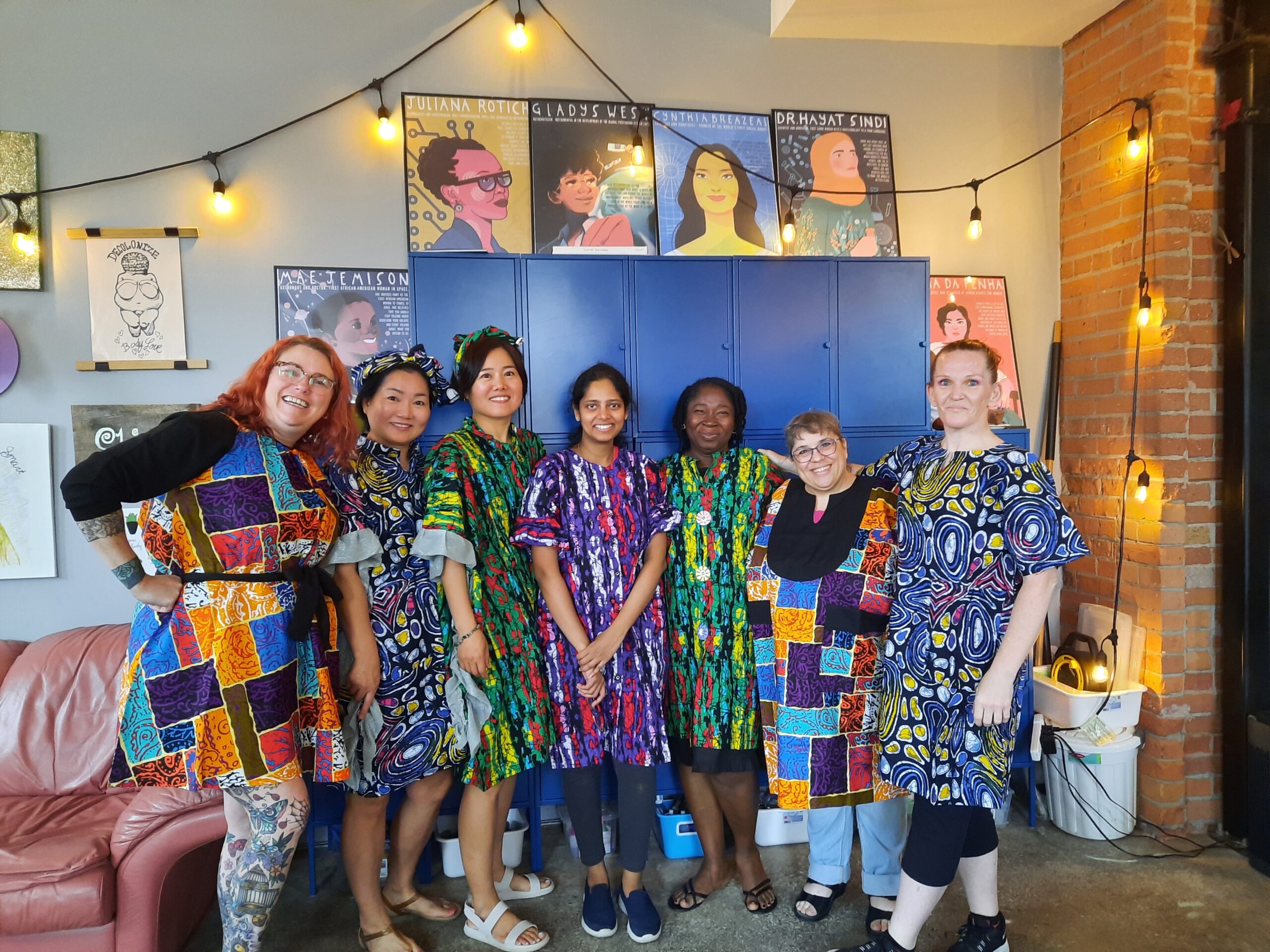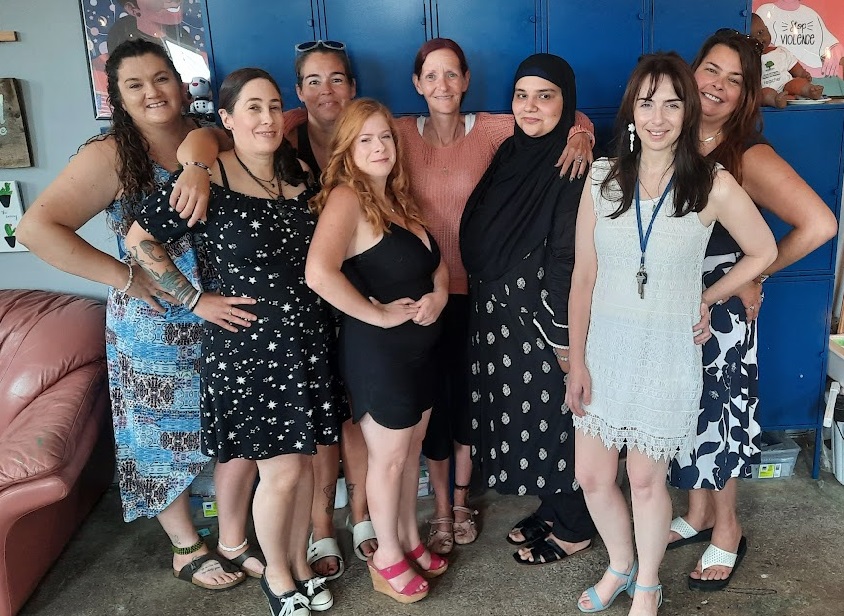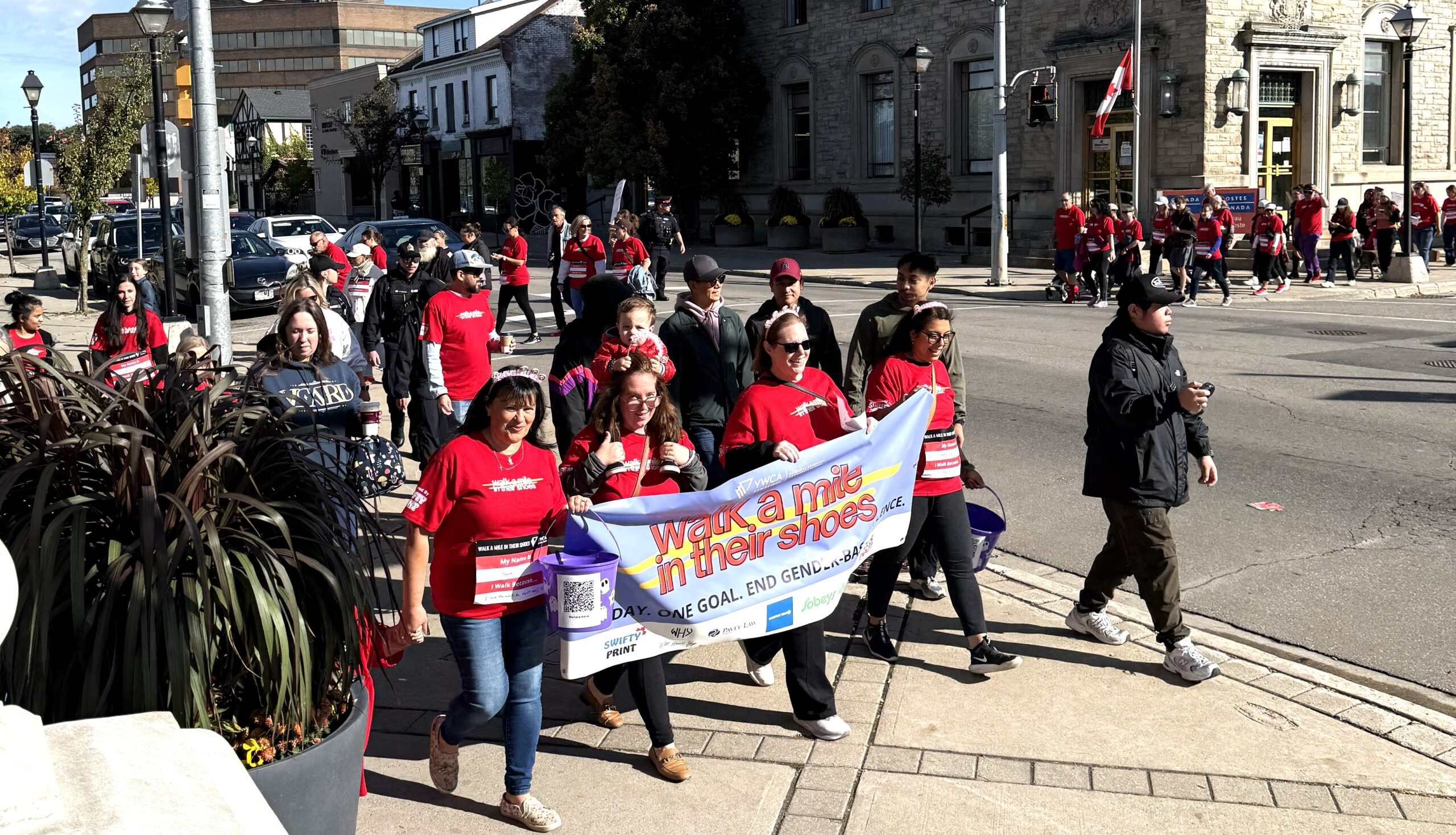By: Olumide Aganga
35 years ago, several monumental events happened. The year 1989 witnessed the fall of the Berlin wall, marking the beginning of the end of communism in Eastern Europe. It was the year the Soviet Union broke up and the World Wide Web was invented. But as good as 1989 was, it also gave us the not so good in the form of one of the most horrific events in recent years… The Montreal Massacre.
For those unfamiliar with the Montreal Massacre, here’s a brief recounting of the event. On December 6, 1989, a man armed with a semi-automatic weapon entered a mechanical engineering classroom at Montreal’s École Polytechnique. He went on to separate the men from the women and ended the lives of 14 young women in a calculated act of hatred. During his rampage, he reportedly expressed his reasoning behind his action as he told the women he was fighting feminism. One of the women protested saying they weren’t feminist fighting against men but women studying engineering. Unfortunately, her cries were to no avail. 14 others were also injured before he ended his spree with a crescendo, turning the gun on himself.
Even today, many of us struggle to grapple with the events of that day three decades ago. Also still today, just what a “feminist” is remains a contentious issue. In simple terms, a feminist is a person who advocates for gender equality and women’s rights, someone who strives to have her voice heard and refuses to fade into the background, a woman who knows her value and will settle only for her worth or more. Far from being a threat to society, feminists drive the innovations and breakthroughs in humanity that propel the world forward.
With this in mind, It’s difficult to understand how advocating for equality could “ruin” the life of someone who genuinely believes in fairness. The truth is, it doesn’t. Only those who feel entitled to privilege and dominance are threatened by women who proudly wear the “F-word” label.
The events of December 6, 1989, leave a bitter taste in the mouths of anyone who values growth and equality. They serve as a reminder that, despite all our cultural, technological, and societal progress, some minds remain trapped by regressive ideas that impede progress.
Today, over three decades later, the massacre has not been repeated at the same scale, and that is a small comfort. It suggests that this tragedy of “89” was the act of an isolated individual, blind to the immense contributions women make to our world every day. These contributions may not be glaringly obvious to us now but will undoubtedly shape our future in significant ways.
As we reflect on December 6, let us not focus on the hatred of one man. Instead, let us remember the 14 women who were taken too soon. Let us honour the potential they carried, the innovations they might have championed, the lives they might have changed, and the barriers they would have broken for the young women coming after them.
Their memory should serve as a call to action to continue advocating for equality, to uplift the voices of women, and to ensure that no dream or opportunity is lost to senseless violence rooted in misogyny and hate.
Olumide Winston Aganga is a writer and content marketing specialist with over 10 years of experience turning big ideas into results-driven stories. Armed with an MBA and a passion for words, he’s helped brands across Africa and North America stand out. Strategic thinker, creative doer, and always ready to make an impact, one story at a time.
Interested in being a guest blogger for YWCA Cambridge? Reach out to Director of Communications and Advocacy, Roz Gunn at r.gunn[at]ywcacambridge.ca!

